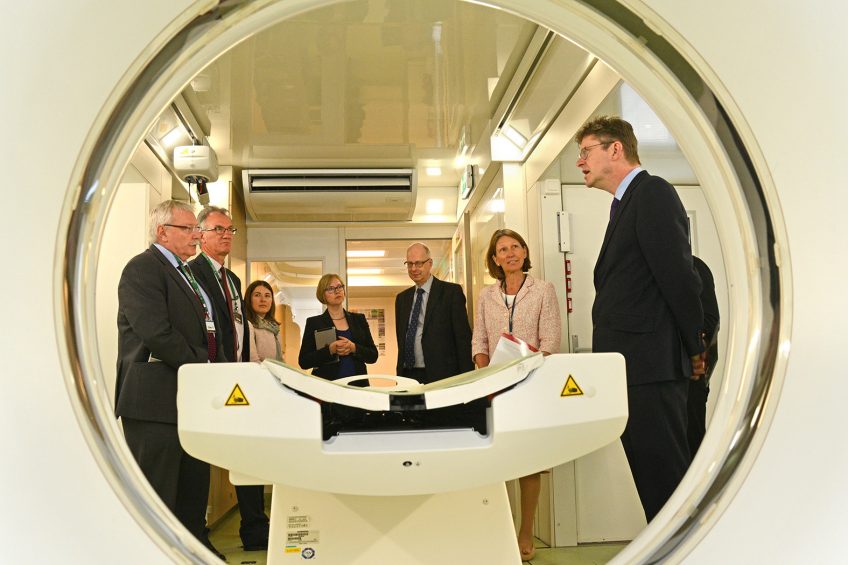£30m fund for poultry research

Poultry research has received a boost thanks to the announcement of a £29.3m award to the Roslin Institute in Edinburgh.
The money, announced by Business, Energy and Industrial Strategy Secretary Greg Clark will support three large research programmes up until 2022:
• Blueprints for Healthy Animals – a programme that is to define how the sequence, regulation and products of genes determine the development and function of body systems throughout life. Data generated by this programme will be used to produce reference genomes and tools that will advance our understanding of poultry and other animal development and life-long health, as well as enabling the sector to improve animal productivity without compromising health and welfare.
• Control of Infectious Diseases – this programme will investigate infectious agents in farmed animals with the aim of developing effective strategies to control animal and zoonotic diseases. The programme aims to seek to identify host and pathogen factors that influence the outcome of infection in ruminants, poultry, pigs and fish, and devise effective ways to control it.
• Improving Animal Production and Welfare – this programme is investigating the role of genetic, environmental and dietary factors on production-relevant traits with the aim of improving the performance, sustainability and welfare of farmed animals, including poultry.
It is part of the wider £319m Biotechnology and Biological Sciences Research Council’s (BBSRC) new investment to support 16 programmes of research at the National Institutes of Bioscience over the next five years.
Professor Bruce Whitelaw, interim director at the Roslin Institute, said: “This award will sustain our key role in the UK’s Agri-Tech strategy and tackling global challenges such as food security by unlocking the genetic potential of farmed animals and reducing the burden of diseases to improve animal productivity, health and welfare.”
Professor Mark Stevens, director of research at the Roslin Institute, added: “The award… will extend the Institute’s world-leading research and sustain vital expertise, resource and facilities in the national interest.”
The Institute announced in February that it produced egg free surrogate chickens in a bid to save rare breeds.












